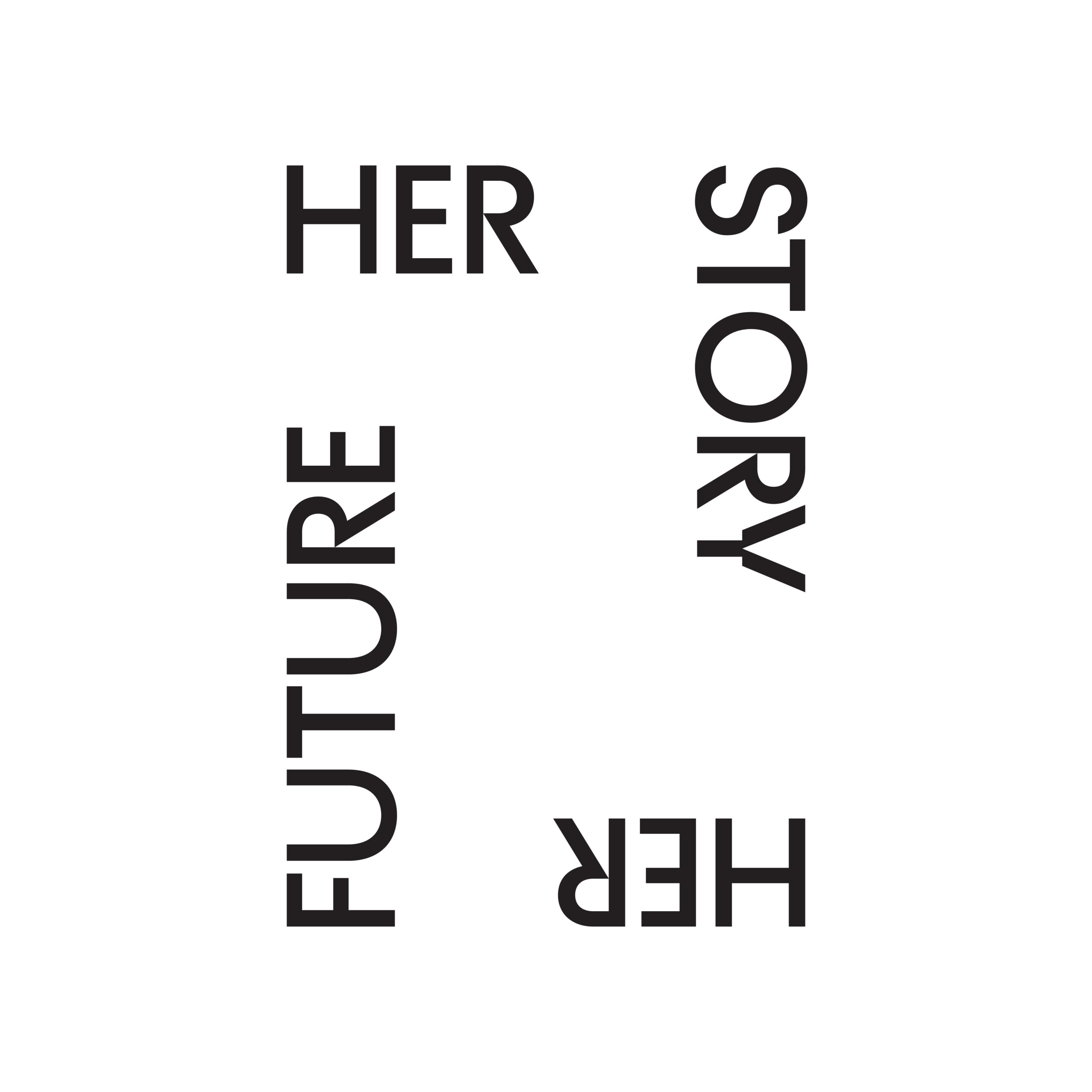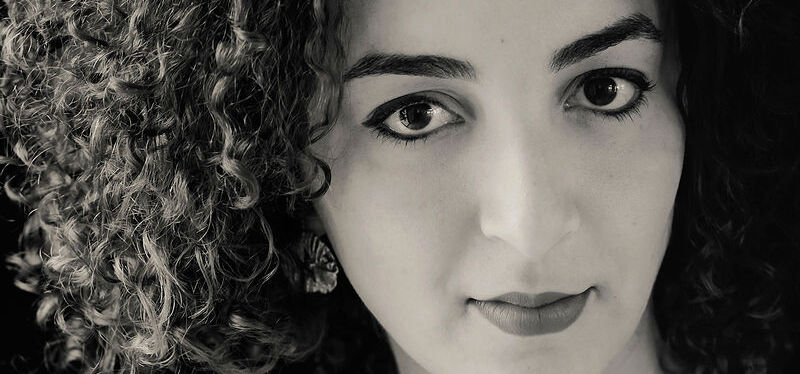Her Story Her Future: How did your love story with movies start? What did little Kawthar want to become when growing up?
Kawthar Younis: My love story with movies started when I was young, I couldn’t really understand what my father was working he used to say he is a filmmaking professor and I didn’t know what filmmaking is, so I was very curious to follow my father where ever he goes giving the age difference between us, So I started to show interest in film by the age of 13 I knew I wanted to be a filmmaker, perhaps it’s because my father wasn’t a successful filmmaker, so I felt this what I want to do, to create worlds and live in it until one day I started to do my first short film when I was 15 years old and I felt yes this is exactly what I want compared to childhood friends I was the only who knew what I exactly want to do with my future. My first relationship with films was the movie (E.T), I used to watch it and cry because it moved to many emotions inside me and relating to it such as the feeling of not fitting in and alienation.
HSHF: What are the personal skills a professional needs in this industry? Do you think that a woman brings something different to the table; not better, not worse, just different?
KY: The main personal skill is to understand emotions and to feel them and the most important skill for me is to connect with other crew members because this is the core of the filmmaking industry it’s a team work it’s not an individual work, So understanding and reading other’s emotions is very crucial for me and being able to get what you targeting no matter what is happening is a very important skill to reach where you want to go.Women in this industry they bring alot specifically they bring the most important things as emotions and sensitivity and they make it seem real, also not to forget the multitasking skills that we as women specialise in more than men, So we as women can cook, baby set, take care of our parents and beloved ones simultaneously while directing a film.
HSHF: Did you have unrealistic expectations about your profession? If so, when did you realize that was the case and what did you do about it?
KY: No, I didn’t have unrealistic expectations to my work but With my youthful recklessness and not knowing anything about the film industry in the outside world, when I was making my first film I thought it would be the best film in the world, and in the end I discovered that it was exaggerated confidence, but this confidence did not take up much space in my life. I am going through unexpected things, but it is safe to say that I did not expect to stop making films after “A present from the Past” for a long period of time, which could be called an internal struggle, but not unrealistic expectation.
HSHF: What helps you get up and show up every day?
KY: In the current situation and the current events in the Middle East in Egypt and Gaza and the deterioration of the film industry in Egypt, it is difficult for a person to answer this question, as I do not have the energy to show up every day, but what helps me to do this is that I encourage myself with the presence of a percent of hope and my sense of responsibility towards the industry.
HSHF: It is generally a safe assumption that people make mistakes: can you name the ones you’ve made along the way and that you have learned from? How about the ones that you feel you keep making even now?
KY: Yes, I love when I make mistakes and realize that I made them, as that makes me feel that I am developing, as I am one of the people who learn by trial and error process, even if everyone advises me that this path is wrong, I like to try first and learn from my mistake myself. Therefore, I feel that I am from the school of try and fail, but do not fail to try. The mistake I learned most from is that a person learns when he tries, but not when he is afraid to try. This is not a mistake, but I wish I had had this courage a long time ago.
HSHF: What is your piece of wisdom that goes against conventional wisdom in your field?
KY: I don’t have a thing that goes against conventional wisdom but my piece of wisdom is to try the wrong path until it’s end and make sure it’s wrong then you can go back to the beginning and start all over again, If this method does not work for someone in making his film, it is not necessary that it will not work for us as well. It may work that time.
HSHF: Can you name three women that have inspired you professionally?
KY: I can’t name three women that have inspired me professionally, but I feel that our collective of RAWYATis a main inspiration and all the female co-founders and filmmakers in this collective are empowering me. (Lina Soualem, Dorothee Myriam, Erige Sehiri, Myriam El Hage, Yasmine Chouikh, Danielle Davie and Dina Nasser) . Which gives us solidarity and makes us stronger as female filmmakers in the middle east.
HSHF: How about three women that have supported you?
KY: My Mother she’s always been their for me all of the time doing her mothering efforts towards me all of the time till this day. The filmmaker and producer Hala Galal she is always been their for me in my ups and downs. Samar Hindawi my friend who introduced me to the industry as an assistant director at the beginning of my career and she gave me the courage to be an assistant director since I’ve always had a taboo that no woman can be an assistant director, Sammar destroyed this taboo inside my head and she teached me that we are better than men in this job and we can multitask way more better than them, Not forgetting that Sammar always showed up for me and she never let me down the past 15 years since I knew her she supported me.
HSHF: What advice would you give to a young professional, that you have received or would have wished to receive yourself?
KY: I had to learn that it was not necessary to take everything on my nerves, and this was done in order to show that I was strong in this industry and I was wearing the mask of masculinity until it became a part of me in which now I’m trying to take it off hardly. So my advice is calm down everything is going to be alright, and I feel that I should’ve embraced my feminine side more as a filmmaker and I’m still trying to achieve that till this day.

